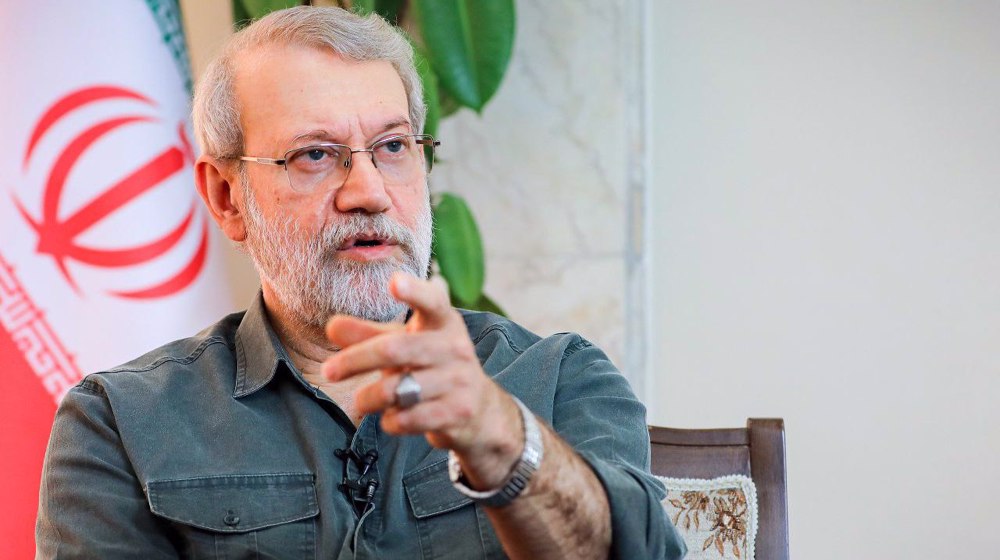Spain’s PM proposes referendum on greater Catalan autonomy
Spain's prime minister has proposed holding a referendum in Catalonia on greater autonomy for the wealthy region but ruled out allowing a vote on independence as demanded by Catalan leaders.
Socialist Prime Minister Pedro Sanchez -- who since coming to power in June has attempted to defuse tensions over Catalonia's independence drive by holding talks with the region's separatist president Quim Torra -- told radio Cadena Ser that dialogue should lead to "a vote... on the reinforcement of Catalonia's autonomy".
"It is a referendum for autonomy, not for self-determination," he added, without giving a timeline for the proposed vote.
But Torra, who was being interviewed at the same time by Catalan public television, said "Catalonia's right to self-determination could not be swept under the carpet."
"The independence process is irreversible," he told the station.

Catalonia, which has its own distinct language, was granted autonomy under Spain's 1978 constitution adopted three years after the death of longtime dictator Francisco Franco.
In 2006, a statute granting even greater powers to the northwestern region, boosting its financial clout, was approved by the Spanish and Catalan parliaments. And in a referendum at the time, over 73 percent of voters in Catalonia approved it.
But in 2010, Spain's Constitutional Court struck down several articles of the charter, among them attempts to place the distinctive Catalan language above Spanish in the region and a clause describing the region as a "nation."
'A political problem'
The ruling sparked a rise in support for independence in Catalonia, which is home to some 7.5 million people and accounts for about one fifth of the Spanish economy.
"Catalonia currently has a statute which it did not vote for, so there is a political problem," Sanchez said.
Sanchez's minority government, which relies on the support of Catalan separatist parties to pass legislation, has distanced itself from the hardline approach adopted by its conservative predecessor against Catalonia's separatist drive, which sparked a major political crisis.
The Catalan government pressed ahead with an independence referendum on October 1 -- even though it had been banned by the courts -- and the vote was marred by police violence.
Catalonia's regional parliament then voted to declare independence on October 27, prompting Madrid to sack the regional government and put the region under direct rule from Madrid.
The current regional president Torra was hand-picked by his predecessor Carles Puigdemont who is in self-imposed exile in Belgium to avoid being tried for rebellion in Spain.
Polls show Catalans are divided on the question of independence but an overwhelming majority back a referendum to settle the question.
(Source: AFP)
Leader’s advisor warns of ‘deep’ retaliatory strikes into occupied territories
US Department of Justice releases millions of Epstein files, then pulls pages citing ‘rape’ by Trump
VIDEO | EU blacklists anti-terror organization
VIDEO | 44th Fajr Theater Festival underway in Tehran
VIDEO | Press TV's news headlines
VIDEO | Oil workers' march in support of reform of Venezuela's main oil law
VIDEO | Malaysians hold rally in front of Iranian embassy to condemn US, Israel threats
Israel to partially reopen Rafah border crossing after long closure












 This makes it easy to access the Press TV website
This makes it easy to access the Press TV website